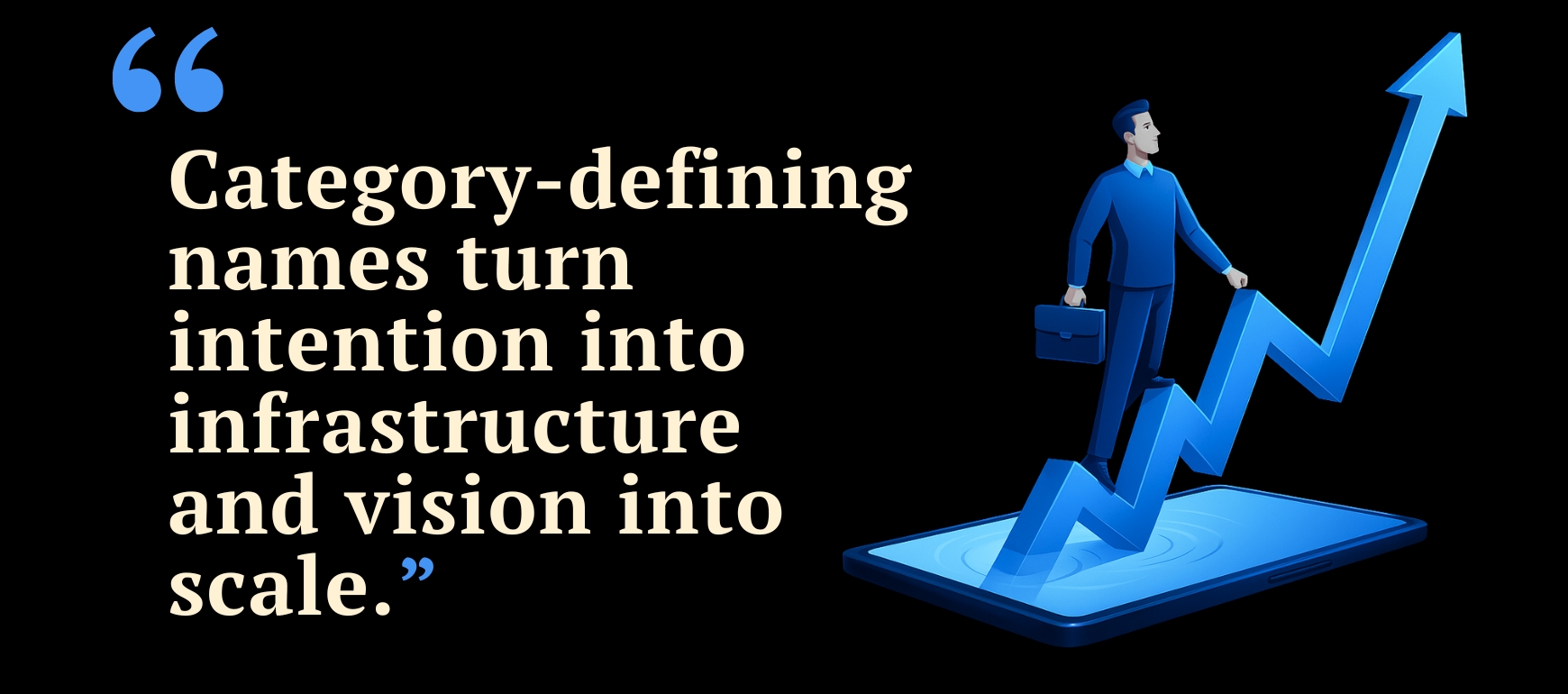In 2023, serial entrepreneur and HubSpot co-founder Dharmesh Shah acquired Chat.com for $15.5 million, recognizing the potential power of a single, universal term. Less than a year later, the domain name found a new home. In early 2024, Shah revealed on the HubSpot podcast that he had sold Chat.com to OpenAI, confirming one of the most anticipated transactions in recent digital history.
Details of the arrangement remain private, but Shah’s comments offered a clear signal. The transaction involved cash and equity, linking the value of a word to the value of an idea. On X, he reflected on his long friendship with OpenAI’s chief executive Sam Altman, explaining that he had always wanted to own OpenAI shares and did not wish to profit from friends. The sale became a trade of belief between two builders who shared a long view of technology and trust.
A Cash and Equity Exchange Between Builders
For Shah, selling Chat.com represented alignment rather than exit. He described the name as “a brilliant domain that will inspire someone else to build a product,” emphasizing the importance of passing the asset to a company capable of realizing its potential. The move placed the word chat inside the organization that had already redefined global conversation through AI.
OpenAI’s use of Chat.com created a direct gateway to ChatGPT and its expanding family of conversational tools. Entering the address now delivers users to a product ecosystem that merges word and action. The acquisition compressed OpenAI’s purpose into a single, intuitive command, making chat a destination within the company’s universe of products.
Why Chat.com Represents a Strategic-Grade Asset
Few words combine brevity, universality, and relevance with such precision. The term chat cuts across languages, cultures, and technologies. As artificial intelligence continues to mediate communication, the word has become both behavior and brand.
Ownership of Chat.com grants control over a concept already embedded in daily use. It delivers visibility across organic channels, trust through linguistic familiarity, and authority through categorical clarity. Strategic-Grade domain names share this combination of global comprehension and immediate relevance, functioning as durable anchors for brand ecosystems.
For OpenAI, acquiring Chat.com secured the definitive address for human-AI conversation. For Shah, the exchange proved that language can appreciate in value when positioned within the right context of innovation.
Equity as a Reflection of Belief
The structure of the sale revealed a deeper principle about digital ownership. Shah accepted a mix of cash and equity, prioritizing participation over liquidation. His decision aligned personal interest with OpenAI’s trajectory, turning a finite transaction into a continuing investment in the company’s success.
From OpenAI’s side, rewarding a respected entrepreneur with shares reinforced credibility and partnership. Both parties treated the deal as an alliance grounded in shared conviction about the future of communication and intelligence.
What the Case Reveals
The Chat.com transaction illustrates how timing, trust, and alignment can transform a domain name into a strategic partnership. Shah exchanged a word that defines digital conversation for equity in a company that shapes it.
For founders, the case demonstrates that the right domain can act as an accelerant for scale or a bridge to collaboration with market leaders.
For domain owners, it highlights how equity structures turn digital assets into instruments of participation. Holding a Strategic-Grade domain name creates optionality, the chance to exchange clarity for influence when the counterpart embodies long-term value.
The Broader Signal
The story of Chat.com captures a larger evolution in how language and capital intersect. Generic domains once served as gateways to information; now they function as infrastructure for behavior. In an era defined by prompts and conversational interfaces, ownership of the foundational words carries both symbolic and economic power.
Digital property continues to mature into an asset class where precision and simplicity outperform scale. The Chat.com sale confirmed that clarity still compounds; that a single word, placed in the right hands, can hold as much potential as any product built upon it.
Founders and domain name owners navigating the next wave of AI and communication will face the same decision: trade clarity for cash, or use it to share in the upside of what clarity enables.
Join the platform where Strategic-Grade domain names evolve from simple transactions into partnerships at DomainsForEquity.com.

